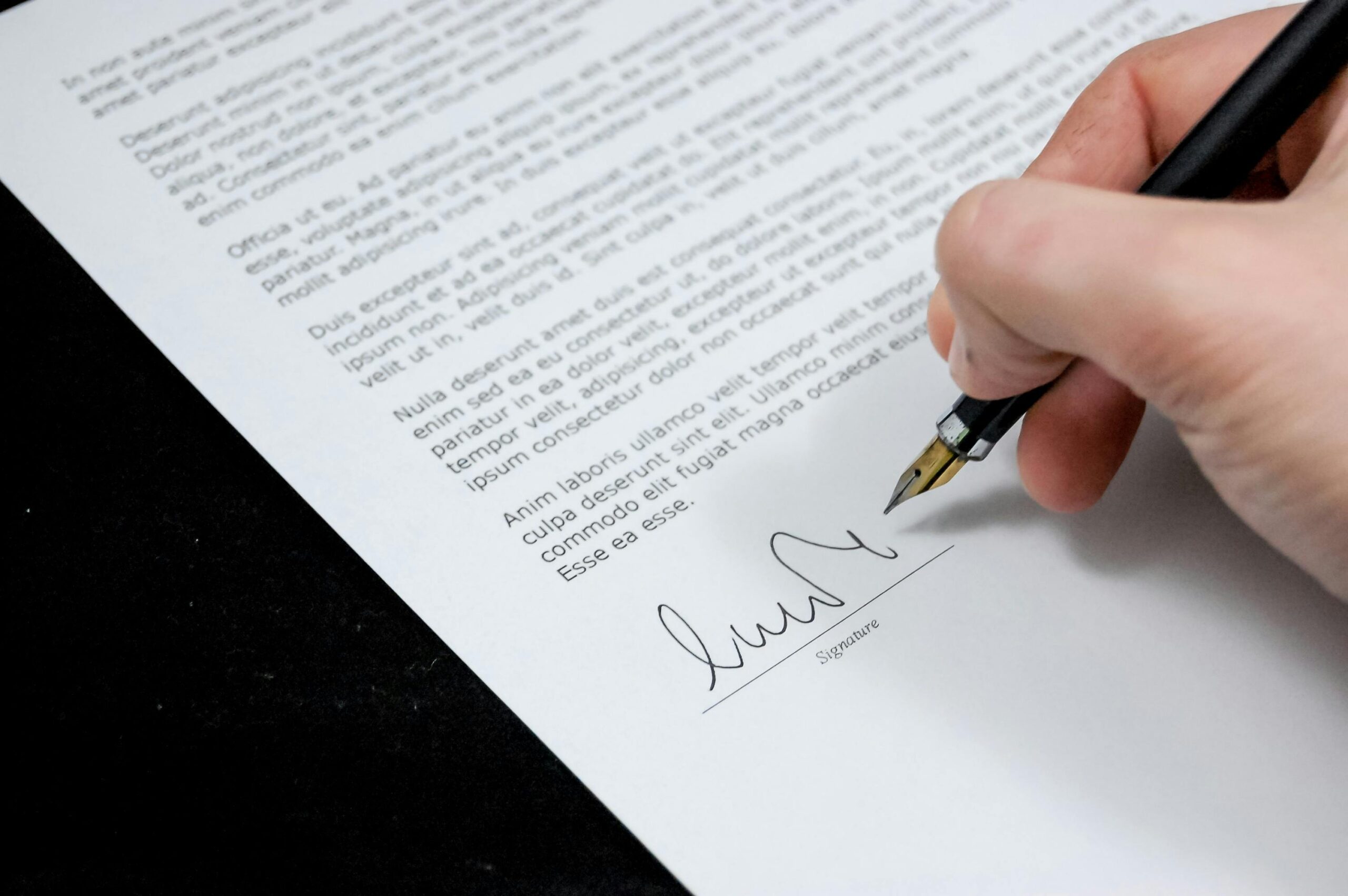Disciplinary meetings can be a stressful experience for employees, especially if you’ve never had one before.
However, understanding your rights and obligations can help you navigate the process with confidence. Employment laws ensure that disciplinary procedures should be conducted fairly, and transparently. In this article, we’ll outline your rights as an employee, and discuss how to prepare yourself for a disciplinary meeting.
Understanding Disciplinary Meetings
A disciplinary meeting is a formal discussion between an employer and an employee regarding workplace misconduct, performance issues, or breaches of company policy.
The purpose is to determine whether disciplinary action, such as a warning or dismissal, is necessary. Employers are legally required to follow a fair and reasonable process under the Employment Relations Act 2000. If they fail to do so, an employee may have grounds for a personal grievance claim (within 90 days).
Your Rights in a Disciplinary Meeting
1. Right to Be Informed
Employers must provide you with written notice of the meeting, explaining the allegations, the possible consequences, and any evidence they intend to rely on. You should receive this in advance, allowing sufficient time to prepare a response.
2. Right to Representation or Support
You have the right to bring a support person or representative, such as an employment relations specialist, union delegate, or colleague, to the meeting. Their role is to provide emotional support, take notes, and help ensure a fair process.
3. Right to Respond
You must be given a genuine opportunity to explain your side of the story before any decision is made. Your employer should consider your response before proceeding with any disciplinary action.
4. Right to a Fair Process
A fair process includes proper investigation, unbiased decision-making, and proportional disciplinary action. If the employer has already decided on an outcome before the meeting, this can be challenged.
5. Right to Request Information
You can request copies of all relevant documents, witness statements, and evidence before the meeting. This ensures you have all the necessary information to prepare an informed response.
6. Right to Appeal or Raise a Personal Grievance
If you believe the disciplinary process was unfair or resulted in an unjust outcome, you can challenge the decision. You may lodge a personal grievance within 90 days of the disciplinary action.
How to Prepare for a Disciplinary Meeting
1. Read the Allegations Carefully: Understand what you are being accused of, and the possible consequences.
2. Gather Evidence: Collect documents, emails, witness statements, or any relevant information to support your case.
3. Seek Advice: Consult an employment relations specialist, union representative, or Employment New Zealand for guidance.
4. Prepare Your Response: Think about your explanation and any mitigating circumstances.
5. Remain Professional: Stay calm, listen carefully, and respond respectfully during the meeting.
What Happens After the Meeting?
Your employer should take time to consider all information before making a decision. They must inform you in writing of the outcome, which may include:
- No further action
- A formal warning (verbal or written)
- A performance improvement plan
- Suspension
- Dismissal (only in cases of serious misconduct)
If you disagree with the decision, you may seek mediation, or escalate your case to the Employment Relations Authority (ERA).
Example Scenario: An Unfair Process
Background: Emily, a senior account manager at a corporate firm in Wellington, has worked with the company for 4 years – with a strong performance record.
Incident: A client complained that Emily was “unprofessional” during a call. Her manager, Mark, scheduled a disciplinary meeting for the next morning.
What Made the Process Unfair
Lack of Notice: Emily received a brief email saying, “Please attend a meeting at 9 AM to discuss a client complaint.” No mention of disciplinary action or potential consequences.
No Support Person Allowed: When Emily asked to bring a colleague for support, Mark said, “This isn’t formal, no need.”
No Evidence Shared: Emily was not shown the complaint details or given access to the call recording, despite requesting them.
Predetermined Decision: During the meeting, Mark said, “This has already been escalated to HR — we’ll be issuing a formal warning.” Emily hadn’t yet given her side of the story.
Emily was handed a written warning immediately after the meeting. The process lacked transparency, fairness, and a proper procedure. This is grounds for a personal grievance claim within 90 days of this occurring.
Conclusion
Disciplinary meetings can be daunting, but knowing your rights helps ensure a fair process. Take the time to prepare, seek support, and advocate for yourself effectively. If your rights are breached, you may have recourse to challenge the outcome, and seek a fair resolution.
Mahi Law can Help!
Our expert team will help you understand your employment rights, and pursue resolution (including compensation) through various channels, such as: Without prejudice negotiations, mediation, the Employment Relations Authority, or Employment Court if required.
We also work on a no-win, no-fee basis – if we win your case, your employer covers the costs.
Get in touch for a free consultation! You can fill out this form – or contact us at [email protected], or 0800 450 032.
Follow us for more tips and insights → Instagram | LinkedIn | Facebook | TikTok



